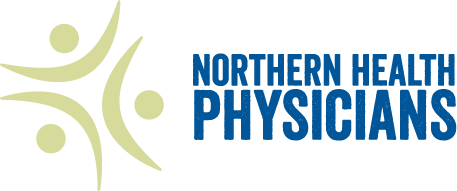Starting January 31, 2023, adults 18 and older in BC will not be subject to criminal charges for the possession of a cumulative total of up to 2.5 grams of certain otherwise-illegal drugs for personal use: opioids, including fentanyl and heroin; crack and powder cocaine; methamphetamine; and MDMA (ecstasy).
This exemption to Canada’s Controlled Drugs and Substances Act has been approved by Health Canada for a period of at least three years. Possession of more than 2.5g of these substances (cumulative) will remain illegal, as will their production and trafficking. The exemption will not apply in the following instances: K-12 school premises, premises of licensed childcare facilities, airports, Canadian Coast Guard vessels and helicopters.
Decriminalization will help reduce barriers for people who use substances; by reducing stigma and shame, and by reducing clients’ fear of criminalization during health care encounters. Reducing stigma is a vital part of BC’s work to build a comprehensive system of mental health and addictions care as laid out in A Pathway to Hope: A roadmap for making mental health and addictions care better for people in British Columbia. Based on experience in other jurisdictions, decriminalization has not led to an increase of substance use at the population level.
Northern Health staff and physicians are not responsible for law enforcement with respect to clients’ possession of controlled substances. Several Northern Health policies related to controlled substances are currently being revised and will be shared widely across the organization, once reviewed and approved by the key stakeholders.
A FAQ document has also been developed to help support staff inquiries. For more information, please visit the Government of BC website.
Inquiries regarding this change can be directed to Kerensa.Medhurst@northernhealth.ca and Karmen.Skrajnar@northernhealth.ca.
